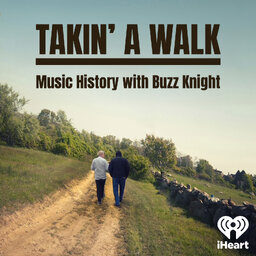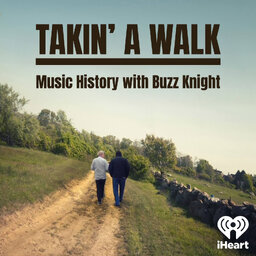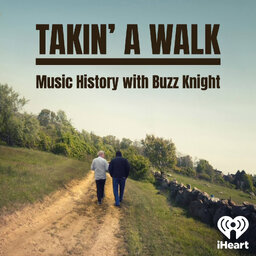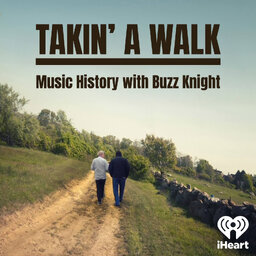Classic Replay/Kenny Aronoff-One of the great drummers of our time.
Join @TheBuzzKnight for this Classic Replay Takin A Walk episode with the great drummer Kenny Aronoff. Kenny is one of the most talented and passionate musicians you'll meet, talking about his influences, his work ethic, his work with John Mellencamp, working with Bob Dylan and loads more.
If you have questions, comments or suggestions share them at buzz@buzzknightmedia.com
Connect with Buzz on Twitter @TheBuzzKnight and Instagram @takinawalkpodcast.
Like this show? Please leave us a review. Review
 Takin' A Walk - Music History with Buzz Knight
Takin' A Walk - Music History with Buzz Knight


